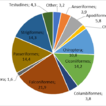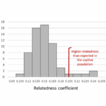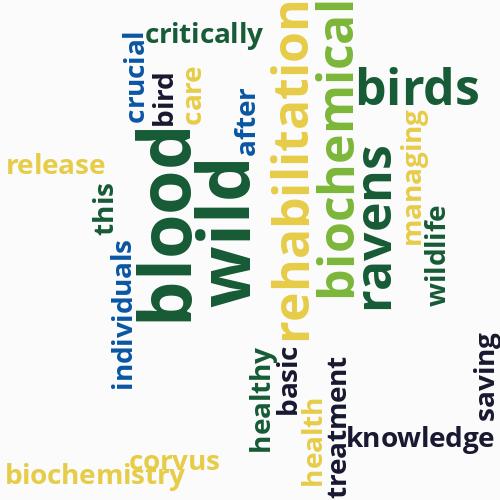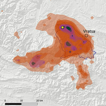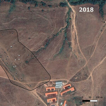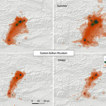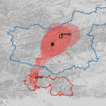In this collection

|
Papers published: 11 Papers in press: 1 Printed version: Paperback Unique views: 19439 Total views: 30227 |
Restoration of species of conservation importance
Sort by:
Edited by Atanas Grozdanov, Anita Tosheva, Ivan Traykov, Emilian Stoynov, Yordan Koshev
The restoration of species is one of the most important conservation tools in the context of constantly intensified human-driven global biodiversity loss. The reintroduction/restocking activities are related to significant researches and data gathering before and during the working process, which ensures their sustainable success.
The aim of this thematic collection is to collate publications, related to reintroduction or restocking of animal and plant species of conservation importance worldwide, including mostly the categories “Research Article”, „Data Paper” and “Species Conservation Profiles”. The collection was initiated after the “International Scientific Conference on Restoration of Conservation-Reliant Species and Habitats” was held in 2020 in the Faculty of biology of Sofia University, but aims to enlarge with similar researches, conducted worldwide.
The aim of this thematic collection is to collate publications, related to reintroduction or restocking of animal and plant species of conservation importance worldwide, including mostly the categories “Research Article”, „Data Paper” and “Species Conservation Profiles”. The collection was initiated after the “International Scientific Conference on Restoration of Conservation-Reliant Species and Habitats” was held in 2020 in the Faculty of biology of Sofia University, but aims to enlarge with similar researches, conducted worldwide.
Research Article
01-07-2024
Research Article
16-02-2024
Research Article
13-07-2023
Research Article
15-05-2023
Research Article
04-04-2023
Research Article
09-03-2023
Research Article
20-01-2023
Research Article
17-06-2022
Research Article
23-08-2021
Research Article
20-04-2021
Research Article
20-04-2021

